
SOVEREIGNTY
The Biography of a Claim
 UTP
UTP insights
UTP Insights is an innovative collection of brief books offering accessible introductions to the ideas that shape our world. Each volume in the series focuses on a contemporary issue, offering a fresh perspective anchored in scholarship. Spanning a broad range of disciplines in the social sciences and humanities, the books in the UTP Insights series contribute to public discourse and debate and provide a valuable resource for instructors and students.
For a list of the books published in this series, see page 177.
SOVEREIGNTY
The Biography of a Claim
Peter H. Russell
UNIVERSITY OF TORONTO PRESS
Toronto Buffalo London
University of Toronto Press 2021
Toronto Buffalo London
utorontopress.com
Printed in Canada
ISBN 978-1-4875-0909-5 (cloth)
ISBN 978-1-4875-3969-6 (PDF)
ISBN 978-1-4875-3970-2 (EPUB)
Library and Archives Canada Cataloguing in Publication
Title: Sovereignty : the biography of a claim / Peter H. Russell.
Names: Russell, Peter H., author.
Series: UTP insights.
Description: Series statement: UTP insights | Includes bibliographical references and index.
Identifiers: Canadiana (print) 20200411004 | Canadiana (ebook) 20200411012 | ISBN 9781487509095 (cloth) | ISBN 9781487539696 (PDF) | ISBN 9781487539702 (EPUB)
Subjects: LCSH: Sovereignty History.
Classification: LCC JC327 .R87 2021 | DDC 320.1/5dc23
University of Toronto Press acknowledges the financial assistance to its publishing program of the Canada Council for the Arts and the Ontario Arts Council, an agency of the Government of Ontario.
University of Toronto Press acknowledges the financial support of the Government of Canada through the Canada Book Fund for its publishing activities.

Contents
First and foremost let me thank the Dene, whose invitation to meet with them and discuss their concerns about sovereignty began the personal odyssey that found its final destination with the writing of this book. I apologize that a full answer to your question What is sovereignty? has been so long in coming. But here it is.
Second, let me thank my colleagues faculty and graduate students in the Department of Political Science at the University of Toronto for the careful consideration so many of them gave to the first draft of the book. I have benefitted greatly from your feedback and suggestions. I am also grateful for the opportunities you gave me to share my ideas about sovereignty with your undergraduates. Our department is a genuine community of scholars.
Then there are two women, Brydon Gombay, a lifelong friend, and my dear wife Sue, who patiently read drafts of chapters not simply to catch typos but to improve how it reads. If there is not too much turgid academic prose in the book, and if it sings a bit, thank Brydon and Sue.
I have had the good fortune, all through my career, of having one of the worlds greatest scholarly presses at my university. Once again, the University of Toronto Press has agreed to publish my book and to work with me in making it better. And once again I have had the pleasure of working with acquisition editor Dan Quinlan, whose encouragement and advice have been so helpful in bringing the book to publication. I also thank the anonymous readers whom Dan recruited, and whose thoughtful comments have helped me prepare the final manuscript.
Finally, I want to salute my grandchildren and their generation, which I believe may have the inclination to clean up the mess, including the pernicious use of sovereignty, that my generation is leaving behind.
SOVEREIGNTY
The Biography of a Claim
chapter one
Confronting the Sovereignty Claim
On a late spring day in 1974, I received a long-distance telephone call from Yellowknife from a gentleman who identified himself as James Washee, grand chief of the Dene Nation. Chief Washee explained that his people were developing a new approach to Canada as they prepared to deal with the threat of Canada authorizing a pipeline through their territory. They had heard that I was a constitutional expert and would like to test their new approach on me to see how it fitted into Canadas constitutional system. Could I come up to Yellowknife and meet with them?
I had never heard of the Dene nation, and had no idea that this four-letter word meaning us in Athabascan languages was pronounced den-nay. Not only that, but while I had been teaching political science at the University of Toronto since 1958, and had become the departments professor for what we offered on all things constitutional, the words Indian, Mtis, Inuit, Native peoples, Aboriginal peoples, and Indigenous peoples had never crossed my lips in fifteen years of lecturing. Nor had any of the texts I drew upon to prepare my lectures in Canadian government and politics included any content on peoples indigenous to the Canadian territory. But I was intrigued by the chiefs call, so I said yes and about twenty-four hours later found myself walking into the Mackenzie conference room in the Yellowknifer Motel in the centre of the capital of Canadas Northwest Territories.
The six Dene leaders waiting for me in the room got right down to business. The only woman in the group began the questioning. She said that there were two questions they would like to put to me. (Its a hell of a long way to come to answer two questions, I thought to myself.) The first, she said, was What is sovereignty? and the second was How did the Queen get it over us? Well, the first question was easy for me that was the kind of thing I taught. I had a nice pat answer based on the philosophical writings of Bodin and Hobbes and my understanding of European international law.
But I had never thought about the second question. And what a huge question it was not only for the Dene but for all Canadians. The Dene leaders nodded in agreement that, yes, it sure is a big question. I told them that I didnt know the answer but was determined to find out how Canada, as they put it, got sovereignty over the Dene nation and for that matter, any other Indigenous nation. My enquiry into sovereignty had begun.
When I returned to Toronto, I scurried over to the law school to ask my colleagues learned in the law for their answer to the second question. Wow, they said, that sure is a big question but we really dont have a clue how the Queen established sovereignty over the Dene or any other Indigenous nation. The law governing relations with Indigenous peoples was not a subject they studied or taught. Still, none of them seemed to harbour any doubts that such sovereignty had been well and truly established.
Over the next few years, as I got to know the Dene better, I learned about how emissaries of the Canadian government had first entered the Dene lands and the conditions under which they negotiated Treaty Eight in 1899 as the queens representatives and Treaty Eleven as the kings representatives in 1921. These treaties had about as much to do with the queen or king as they did with your great grandma or grandpa. The mission of the Canadian treaty party in 1899 was to secure a safe shortcut for Canadians on their way to the Klondike goldfields, and in 1921 to prepare access for the oil industry to the petroleum discovered at Norman Wells, a way down the Mackenzie River.
Next page
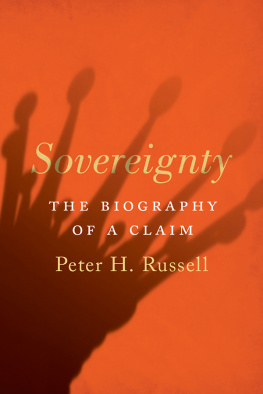
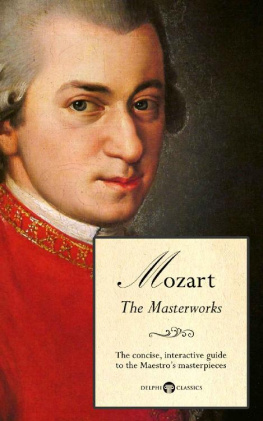
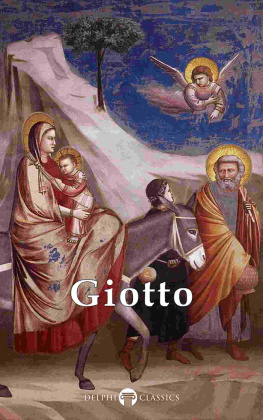
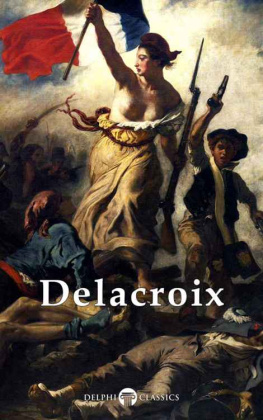
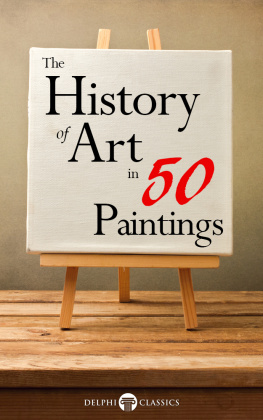
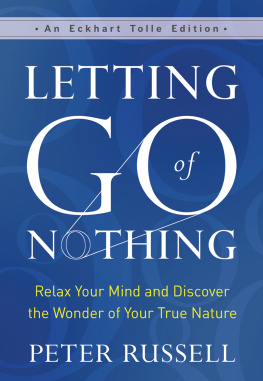

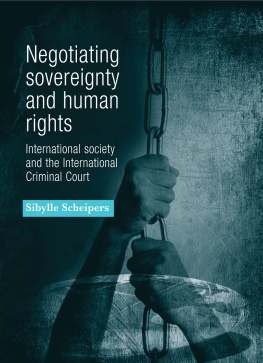
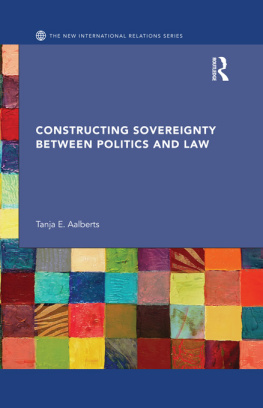
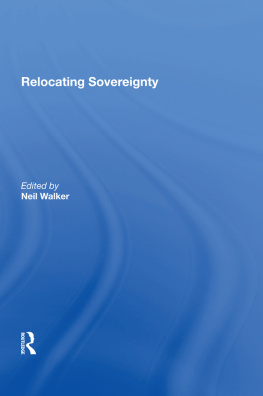
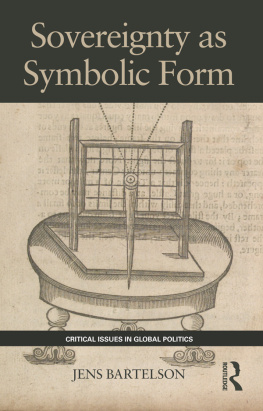
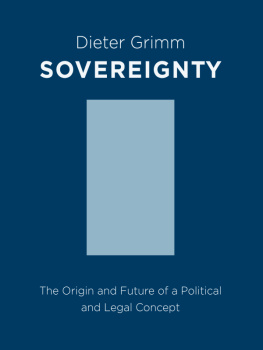
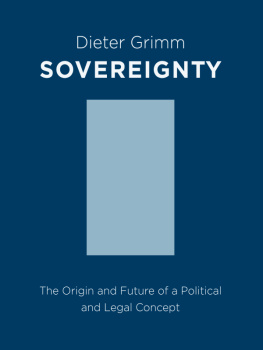
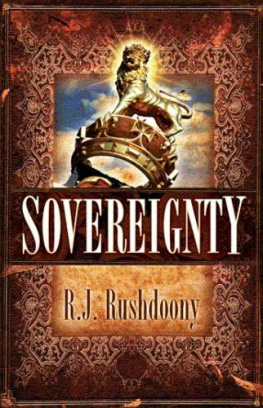


 UTP insights
UTP insights